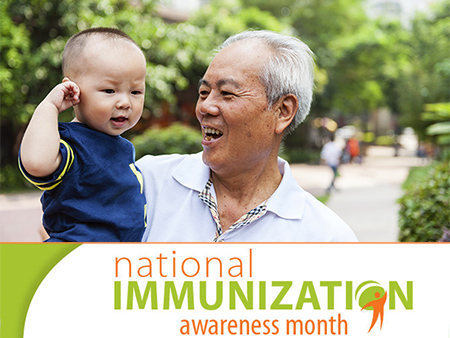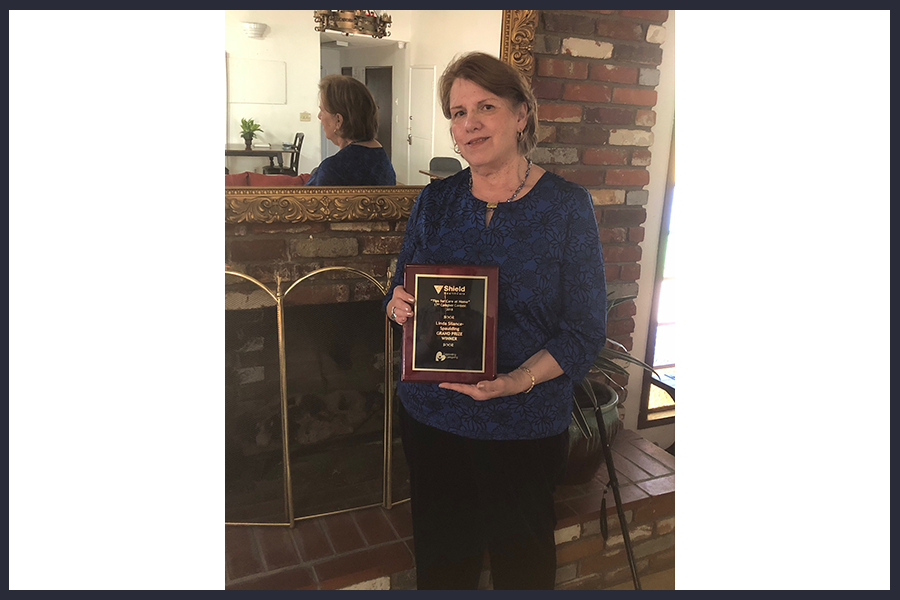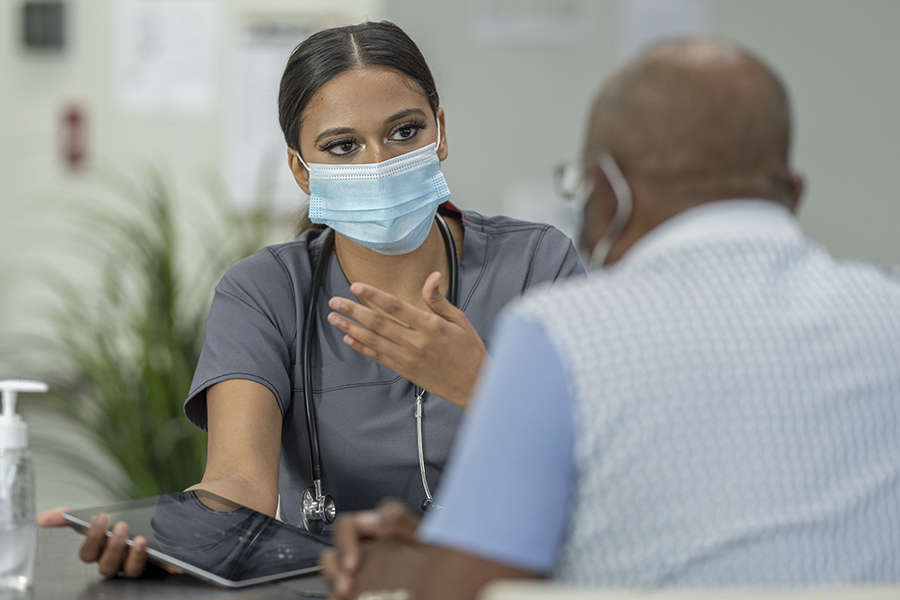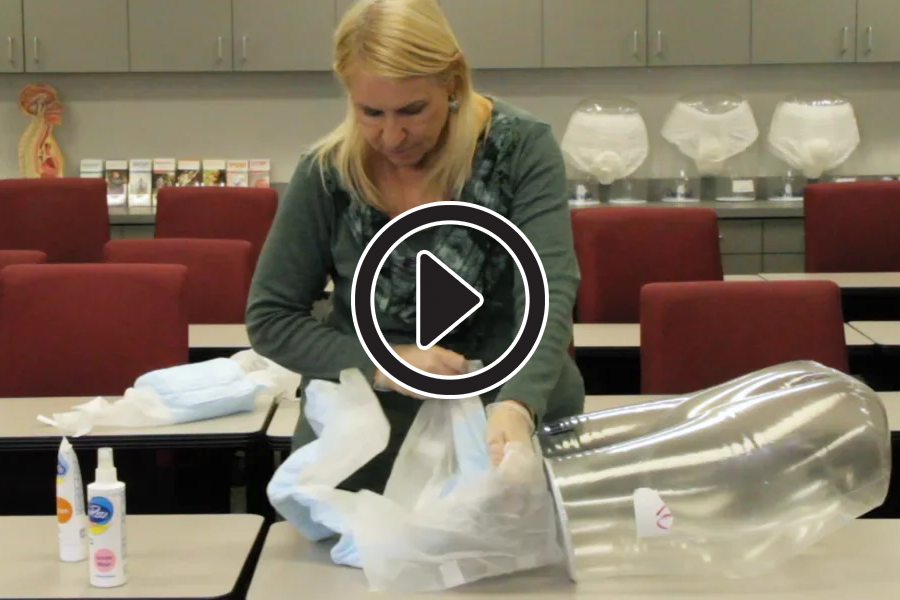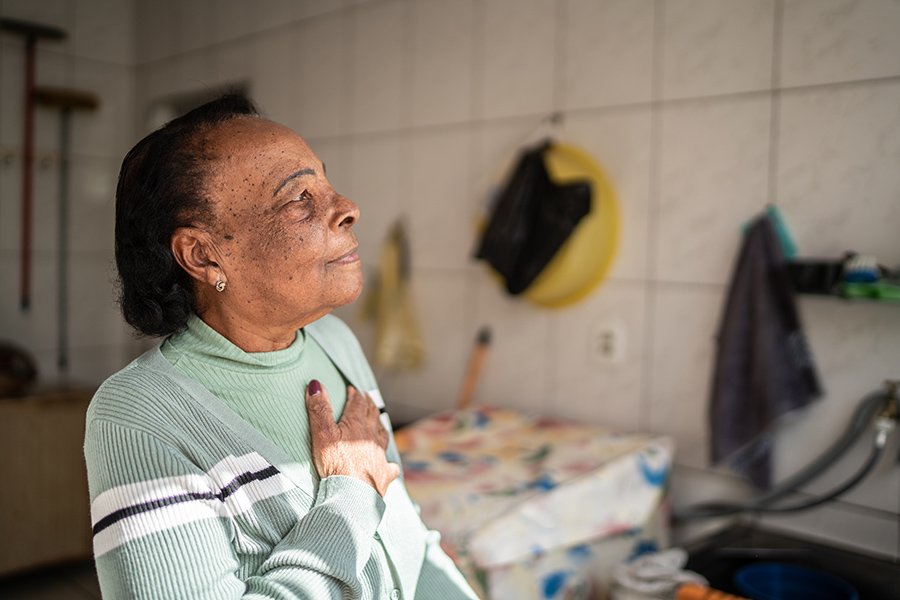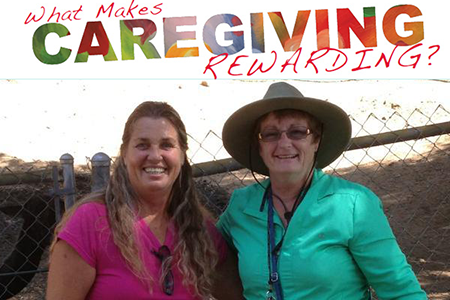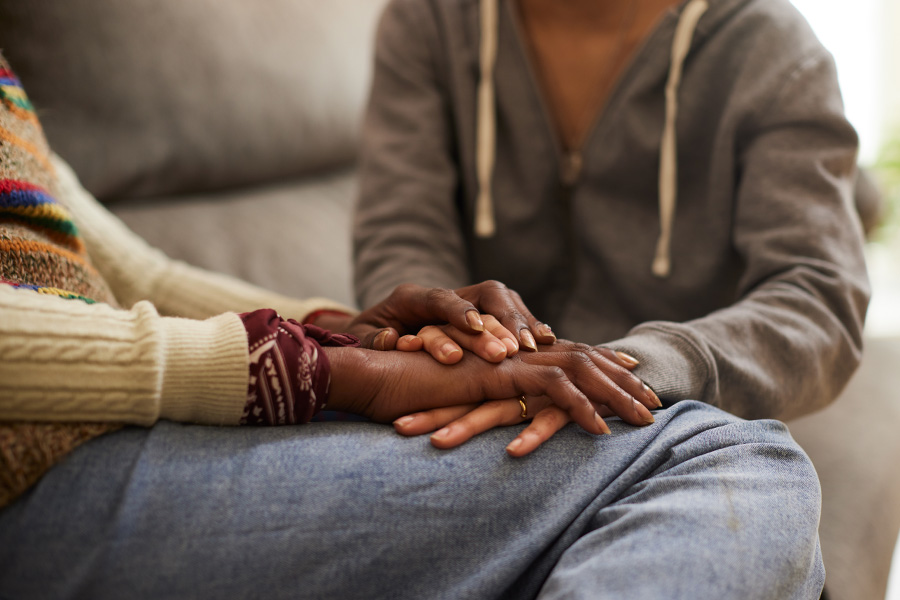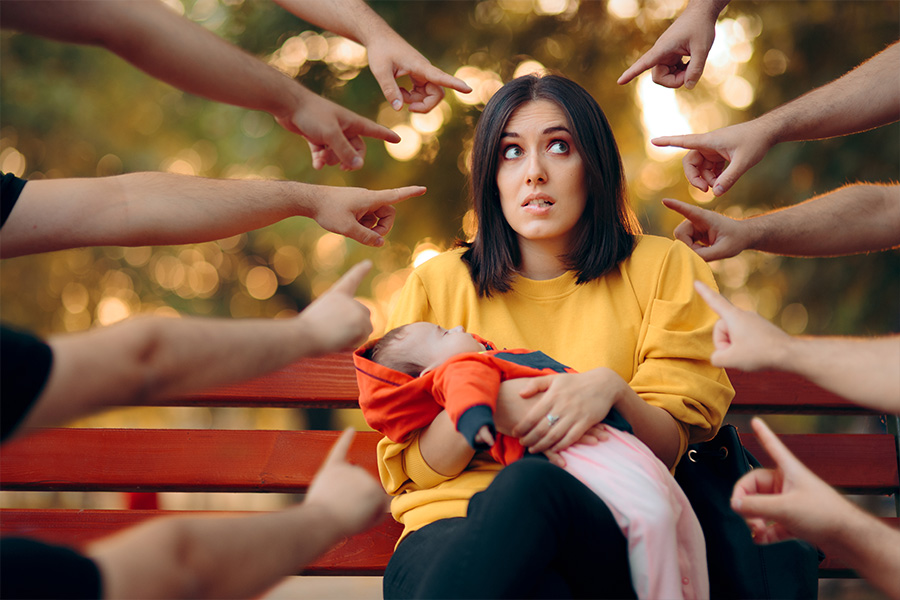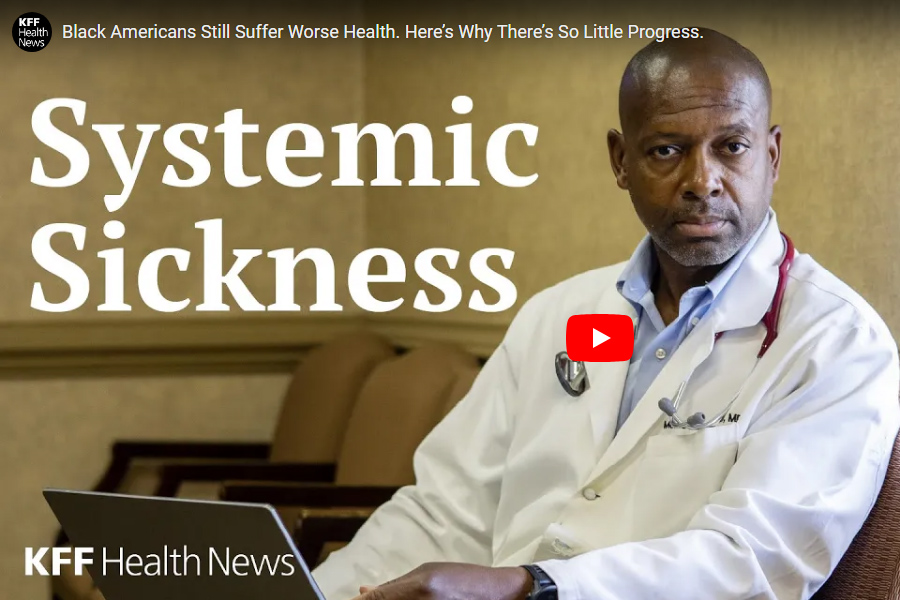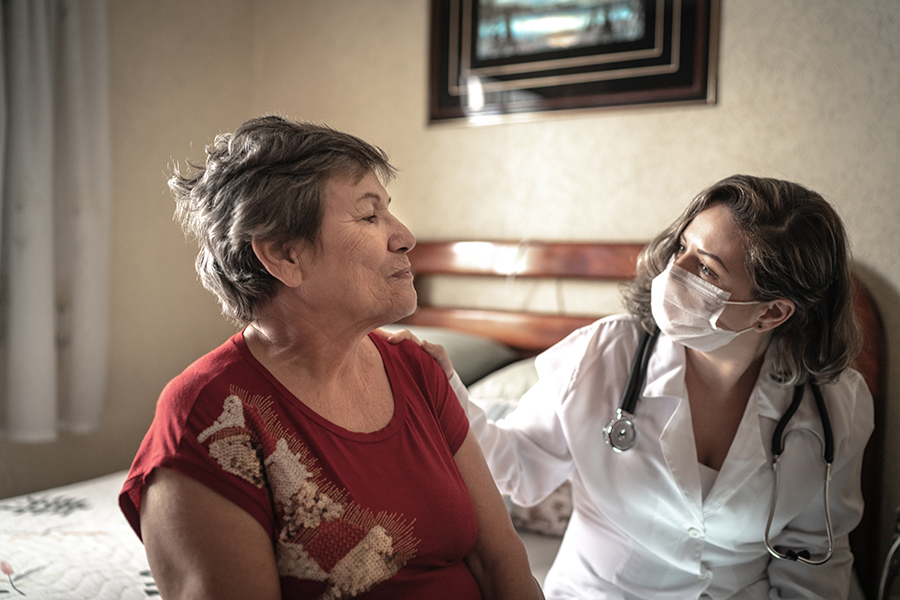Why Vaccinate?
Vaccines are an important step in protecting our loved ones and ourselves against serious, and sometimes deadly, diseases. From babies and young children to adults and the elderly, immunizations are a shared responsibility throughout our lifetime that protect the most vulnerable and fragile among us.
It can be easy to brush off the risk of many serious infectious diseases as a thing of the past. Many young parents and caregivers in the U.S. have never seen the devastating effects that diseases like polio, measles or whooping cough (pertussis) can have on a family or community. Yet serious, vaccine-preventable diseases still exist, and many of them are only a plane ride away.
Haven’t Most Serious Infectious Diseases Disappeared?
Immunizations are one of the top 10 public health accomplishments of the 20th Century, according to the Centers for Disease Control & Prevention (CDC). While immunizations have significantly reduced the incidence of many serious infectious diseases in the U.S. this isn’t true everywhere in the world. For example, more than 350,000 cases of measles were reported from around the world in 2011 – and 90% of measles cases in the U.S. that year were associated with imported cases from another country. Only the fact that most Americans are vaccinated prevent small clusters of cases from becoming epidemics.
What Would Happen If We Stopped Vaccinating?
Only one disease — smallpox — has been completely erased from the planet. Unless we can eliminate other infectious diseases completely, it is important to keep immunizing ourselves and our loved ones and to build awareness of its importance in the community.
Even with significantly fewer cases of many serious diseases in the U.S., if we take away the community protection given by vaccination, more and more people will become infected. In a short period of time, this would quickly undo any progress we had made. Before long we would find ourselves battling epidemics of infectious diseases that are well under control today, and our children and seniors would be the most vulnerable.
In addition to protecting our loved ones, we also vaccinate to protect our grandchildren and their grandchildren. Through smallpox vaccination, we eradicated the disease and smallpox vaccinations are no longer necessary. By continuing to vaccinate, parents in the future may no longer need to worry about disabling or fatal diseases that still exist today.
Are Vaccines Safe?
Vaccines are among the safest and most cost-effective ways to prevent disease. All vaccines used in the U.S. require extensive safety testing before they are licensed by the U.S. Food and Drug Administration (FDA), and they are carefully monitored after they are licensed to ensure that they are very safe. Several systems are used to monitor the safety of vaccines and their side effects in the U.S., including the Vaccine Adverse Event Reporting System (VAERS).
Currently the U.S. has the safest, most effective vaccine supply in its history. Click here for more information on vaccine safety.
When Should I Vaccinate?
Immunizations aren’t just for children; they are needed throughout our lifetime. National Immunization Awareness Month is the perfect time to remind family, friends, and loved ones to get caught up on their shots. Here are some of the immunizations people need at different ages:
Babies and Young children:
-
- Babies and children under age 6 get a series of shots to protect against more than a dozen serious diseases, including measles, polio, chicken pox, whooping cough, mumps, rubella, diphtheria and hepatitis. A yearly flu vaccine is recommended for all children 6 months and older. And vaccines don’t just protect your child; immunization is a shared responsibility. Vaccinated children help protect the entire community – especially babies who are too young to be vaccinated themselves.
Preteens:
-
- In addition to a flu vaccine every year, all 11- and 12-year-olds need shots to help protect against tetanus, diphtheria, whooping cough, and meningitis. Doctors also recommend the HPV vaccine for boys and girls to protect against the most common cause of cervical cancers, anal cancers and other diseases that can be caused by HPV later in life.
Adults/Elderly:
-
- Even healthy young adults can get sick from vaccine-preventable diseases. Protection from vaccines you received during childhood can wear off with time, and adults may also be at risk for other vaccine-preventable diseases. Young adults (before age 26) may need to vaccinate or re-vaccinate (i.e. “boosters”) against meningitis, chicken pox, HPV, measles, tetanus, diphtheria and whooping cough – particularly if they were not adequately vaccinated as children, or if they plan to be in a higher-risk environment such as college or overseas.
- All adults need a flu vaccine every year and a tetanus shot every 10 years. Seniors age 65 and over need a one-time pneumococcal vaccine. Depending on your circumstances, your doctor or nurse may also recommend vaccines for other potential disease risks, such as shingles, hepatitis A or hepatitis B .
For more information about vaccine recommendations and safety, visit the Centers for Disease Control (cdc.gov), the National Public Health Information Coalition and Vaccines.gov, which provided source information for this article.
This article was written for educational purposes only and is not intended to replace the advice of a qualified medical professional. For more information about vaccinations for yourself or your loved one, please contact your primary care physician.
This article was written in conjunction with a contributing author at Shield HealthCare.





